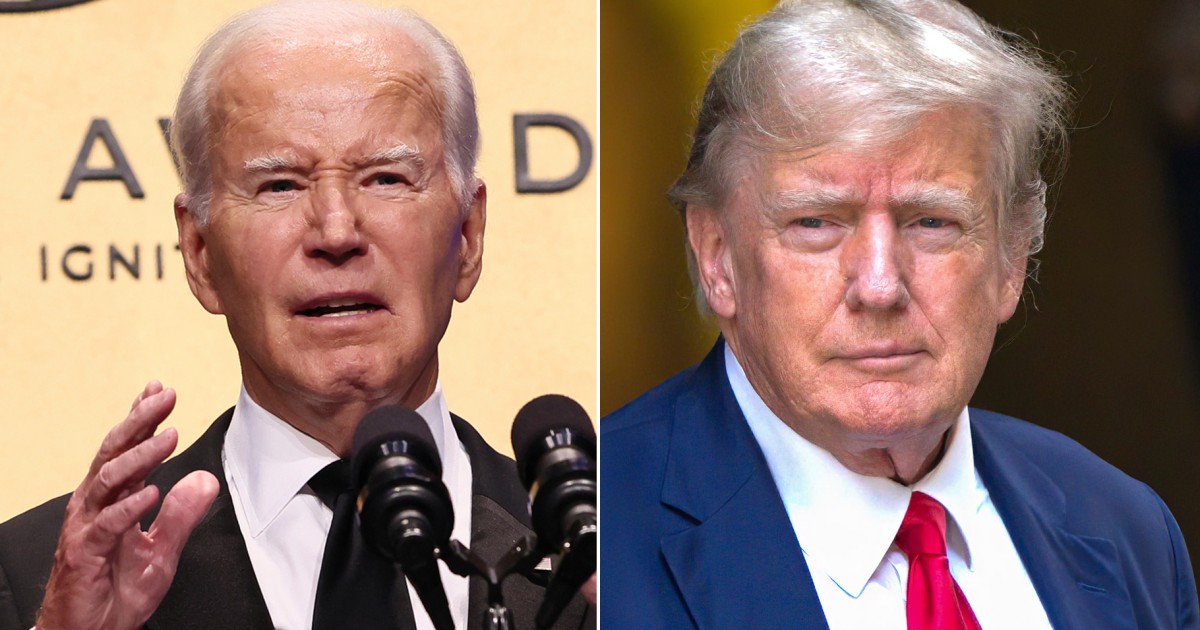Election of the Federal President 2022: date, candidates, process - all information at a glance
Created: 02/11/2022 13:02
By: Marcus Giebel
The current Federal President of Germany: Frank-Walter Steinmeier.
© Bernd von Jutrczenka/picture alliance/dpa
Frank-Walter Steinmeier's first term as Federal President is coming to an end.
The SPD politician would add another five years.
When does the election take place?
All info.
Berlin - Even if the post seems to be primarily associated with representative tasks: the Federal President is officially the head of state of the Federal Republic of Germany.
Formally, he is also above the Chancellor, who heads the government.
The following applies: Federal laws only come into force when they have been signed by the Federal President.
The office is exercised impartially.
Nevertheless, it is of course a prestige success for any party to send a member to Bellevue Palace.
Frank-Walter Steinmeier has been the twelfth Federal President since March 19, 2017.
After Gustav Heinemann and Johannes Rau, he is the third SPD politician in this position.
Presidential election: only Heuss and von Weizsäcker held two full terms in office
Steinmeier succeeded the independent Joachim Gauck, who at the time did not run for a second term for reasons of age.
Unlike the Federal Chancellor, the Federal President is elected for five years and may hold the post for a maximum of two consecutive terms.
So far, only Theodor Heuss and Richard von Weizsäcker have held the office for ten years at a time.
Heinrich Lübke resigned two and a half months before the actual end of his second term for health reasons, among other things.
Horst Köhler resigned less than a year after the start of his second term.
Previously, there had been upheavals with the government, in particular because of the Bundeswehr's foreign missions.
Christian Wulff only held the position for a good two and a half years.
He resigned 598 days after the public prosecutor's office in Hanover lifted his immunity in order to be able to investigate allegations of favoritism.
Even if the Federal President is the highest office in Germany, the salary is lower than, for example, that of the Federal Chancellor.
Federal President of the Federal Republic of Germany: Overview of the previous incumbents
Surname | Political party | tenure |
|---|---|---|
Theodor Heuss | FDP | September 12, 1949 to September 12, 1959 |
Heinrich Luebke | CDU | September 13, 1959 to June 30, 1969 |
Gustav Heineman | SPD | July 1, 1969 to June 30, 1974 |
Walter Scheel | FDP | July 1, 1974 to June 30, 1979 |
Karl Carstens | CDU | July 1, 1979 to June 30, 1984 |
Richard von Weizsacker | CDU | July 1, 1984 to June 30, 1994 |
Roman Duke | CDU | July 1, 1994 to June 30, 1999 |
John Rau | SPD | July 1, 1999 to June 30, 2004 |
Horst Koehler | CDU | July 1, 2004 to May 31, 2010 |
Christian Wolff | CDU | June 30, 2010 to February 17, 2012 |
Joachim Gauck | independent | March 18, 2012 to March 18, 2017 |
Frank Walter Steinmeier | SPD | since March 19, 2017 |
When will the 2022 presidential election take place?
On February 13, 2022, the highest office in the state will be reappointed.
On that Sunday, the Federal Assembly - consisting of the 736 members of the 20th Bundestag and just as many delegates sent by the state parliaments - elects the future Federal President.
The election of the Federal President takes place without debate and in secret voting.
In theory, any member of the Federal Assembly, which often includes celebrities from other areas, can propose a candidate.
In 2017, for example, the then DFB national coach Joachim Löw, comedian Carolin Kebekus, entertainer Hape Kerkeling and drag queen Olivia Jones also voted.
They were reported by the state parties.
Presidential election: Steinmeier wants to be re-elected for five years
Steinmeier is in office until March 18, 2022.
He officially announced on May 28, 2021 that he would be available for another five years.
His chances of re-election are high.
In addition to the SPD, he can also count on the support of the FDP and probably also the Greens as government partners.
Voices are also waving from the CDU and CSU.
In 2017, thanks to the GroKo parties as well as the FDP, the Greens and the SSW, Steinmeier was hoisted into office with 74.3 percent.
At that time he faced opponents from the left, the AfD, the Free Voters and the Pirate Party.
Steinmeier will probably not be unrivaled this time either.
In
spring 2021 he said in
Der Spiegel : “It’s part of democracy.
More openness does not harm the office of the Federal President.”
Acting Federal President: In 2017, Frank-Walter Steinmeier received almost three quarters of the votes in the Federal Assembly.
© Bernd Von Jutrczenka/dpa
Election of the Federal President: Absolute majority is required - in the first or second ballot
In the election of the Federal President, which is the sole task of the Federal Assembly, an absolute majority of the votes is sufficient.
This applies to the first as well as to the possibly required second round.
If there is still no winner after that, the relative majority is sufficient in the third ballot.
Then there is an official result.
Only German citizens who have the right to vote in the Bundestag and who have reached the age of 40 are eligible for the office.
It goes on to say: “The Federal President may not belong to any legislative body or to the federal or state government.
The exercise of any other salaried office, trade and profession is also incompatible with his office.
The Federal President may also not be a member of the management or the supervisory board of a profit-making company.”
After the election, the chosen one has two days to accept the election.
Only when this has happened is the Federal Assembly officially declared over by the President of the Bundestag - in this case Bärbel Bas.
(mg)




/cloudfront-eu-central-1.images.arcpublishing.com/prisa/3AQ5FXETGFGVFEXTDE3GMQNM3Q.jpg)




